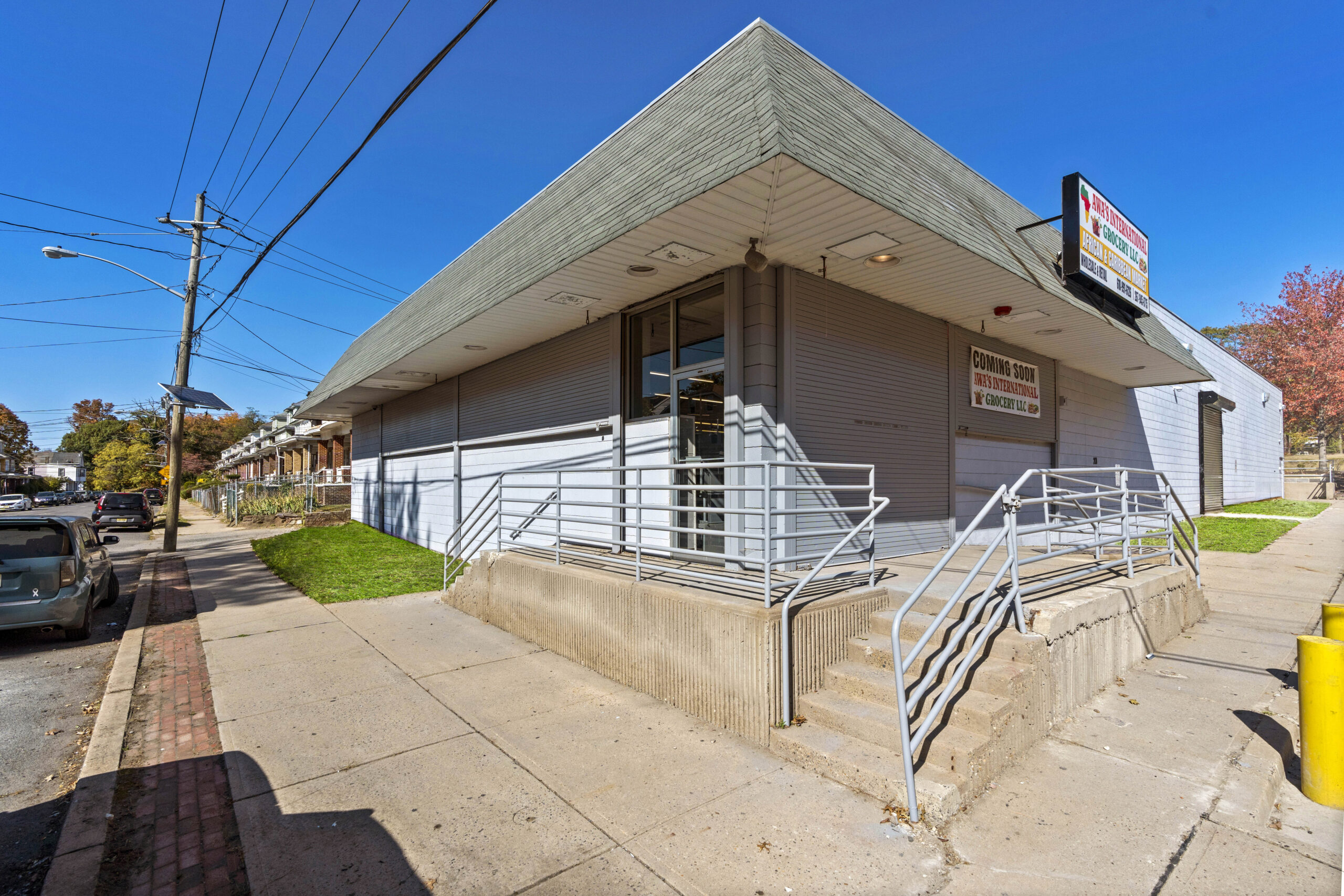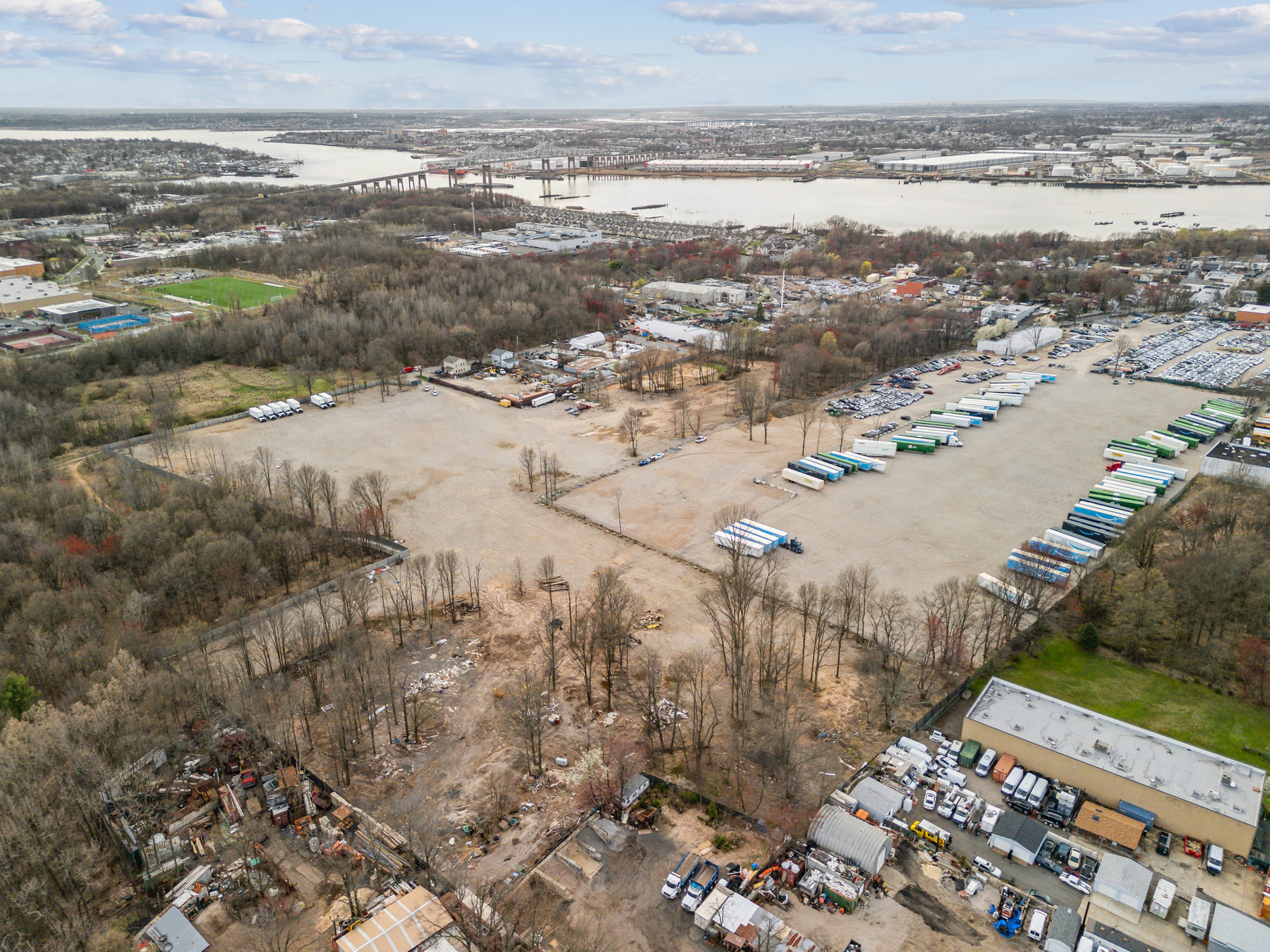Conducting a Denver Home Inspection
Denver, the capital city of Colorado and the most populous in the state, is one of the best cities to live in the United States. However, buying a home in Denver or any place for that matter can be complex and intimidating. To make this safer and more profitable, there are several steps to take, one huge part of which is conducting a proper home inspection. If you are interested in learning more about Denver, you can get more information here.
A home inspection is the examination of the condition of a property which usually takes place when such property is about to be sold. It is a limited and non-invasive examination which is carried out by qualified home inspectors. These inspectors evaluate the condition of the property to determine its general safety.
Inspectors will usually check the HVAC system, electrical works, water, plumbing, and sewage. They will also look out for signs of weakness, insect invasion, fire, and safety issues as well as any other thing that can affect the property’s value. They typically inspect the house from the foundation to the roof and each of its systems. In other words, a home inspection is used to identify problems a building might have if any.
A home inspection is different from a home appraisal, the later being what a lender requires to know the value of a piece of real estate marked for purchase in a mortgage application. While a home inspector determines the condition of a building, an appraiser determines its value.
How Does a Home Inspection Work?
Usually, a potential home buyer will hire inspectors to check a property and when they are done, they are provided with a written report on the condition of the property, detailing any necessary maintenance, repairs, or any other issues. The inspector will evaluate the structure from top to bottom to determine if everything is in top shape.
An inspection is typically carried out after a purchase agreement or sales contract has been signed between a buyer and a seller. It can tell the buyer a lot about the property which will in turn save them costly repairs or unnecessary stress. It will help to identify any building oversights, requirements for upkeep, and any needed repairs.
A seller may also choose to inspect their home just before putting it up for sale. This allows them to make any necessary repairs and replace any malfunctioning systems that can affect the possibility of a sale or the eventual sale price.
The sales contract between the buyer and seller must include an inspection contingency which is also called “due diligence” contingency. This will provide time for a buyer to find an inspector, schedule an inspection, and maybe attend it. It also gives the buyer the time to get the inspection report and then decide what to do based on the report.
Depending on the information from the report, the buyer can decide if they want to proceed with the sale or schedule another examination. They may also renegotiate the price, ask for certain repairs, or cancel the contract altogether. If a major repair is requested, the buyer can request a re-evaluation after the repairs are done to verify if the identified issues have been rectified. This can include a check for pests, termites as well as mold and mildew.
What a Home Inspection Covers
Every building is unique, and this means that what will be inspected on each property will vary. Some common areas to inspect can include:
- Foundation
- Basement
- Floors
- Heating and cooling systems
- Doors and frames
- Windows
- Ceiling
- Walls
- Attic. This includes its condition and insulation.
- Roofing
- Structure; both the interior and exterior.
A home inspection does not cover every aspect of a property as an inspector is limited in what they can check. The areas below are generally not checked
- Well pump
- Water testing
- Additional structures that are separate from the building such as land, shed, barns, etc.
- Septic tank
- Chimney.
This does not mean that these areas can’t be checked. Depending on the inspector, they may be able to carry out additional inspections or another professional may be hired to do so. Keep in mind that inspection for these other areas may require additional costs.
Why Does an Inspection Matter?
For the buyer, when you see a property you desire, a home inspection can give you the confidence to go ahead and purchase it. It also lets you know of any potential issues the building may have. This will ultimately save you from any untold stress or repair costs down the road since you can choose to request that the repair to be done, plan for it, or cancel the transaction.
As a seller, it increases the chances of easily and quickly selling your property. Instead of a back and forth, when the buyer conducts their inspection, they will most likely not find any fault as you would have been able to fix any potential issue before a buyer comes along.
Although it is not compulsory, it is important as a buyer to be present at a home inspection. It allows you to learn about the property firsthand. Buying a property is a huge investment and you do not want to do so blindly.
Preparing for a Home Inspection
As a seller, you will desire that the home inspection goes well as this is in your best interest. There is therefore a need to adequately prepare for it. It is not unusual to be anxious during the whole process as you do not want the sale to fall through and at the same time, you do not want to be burdened by the cost of repairs if a buyer requests such.
Below are some things that you can do to help ensure you are ready and at ease.
- Provide easy access to areas that will be checked.
- Keep the building clean.
- Clear the surroundings.
- Provide electricity and ensure any non-functioning bulbs are replaced.
- Ensure that the toilets function properly.
- Turn pilot lights on.
- Make sure there is proper labeling.
- Clean out the artic and check the roof.
- Repair any faulty doors, cabinets, and shelves.
- Check for any leaks and ensure they are fixed.
- Take care of any infestation by insects and bugs.
- Ensure you are prepared on the D-day and relax.
You should understand that most buyers do not expect the building to be perfect. They just want to ensure that they are not burdened with unnecessary and costly repairs. If you have prepared well, an inspector may find some minor issues but not a major one you have not detected by yourself and this should not put off a serious buyer.
As a buyer or seller who needs a home inspection in Denver, qualified home inspectors can help you check and certify the condition of a building. You can visit https://coloradohomeinspector.com/ to learn more about finding capable home inspectors.
Conclusion
A home inspection is an opportunity for both a buyer and a seller to finalize a sale on a property. It can serve as an advantage for both parties as a seller can use the opportunity to put their house in order while a buyer can use it to make a crucial decision before paying for the property.
From all we have discussed in this article, it should be pretty clear that you should never buy a property without doing a thorough inspection. Get professionals to help you with this and you will be protected from making an investment you may regret.







Leave a Comment